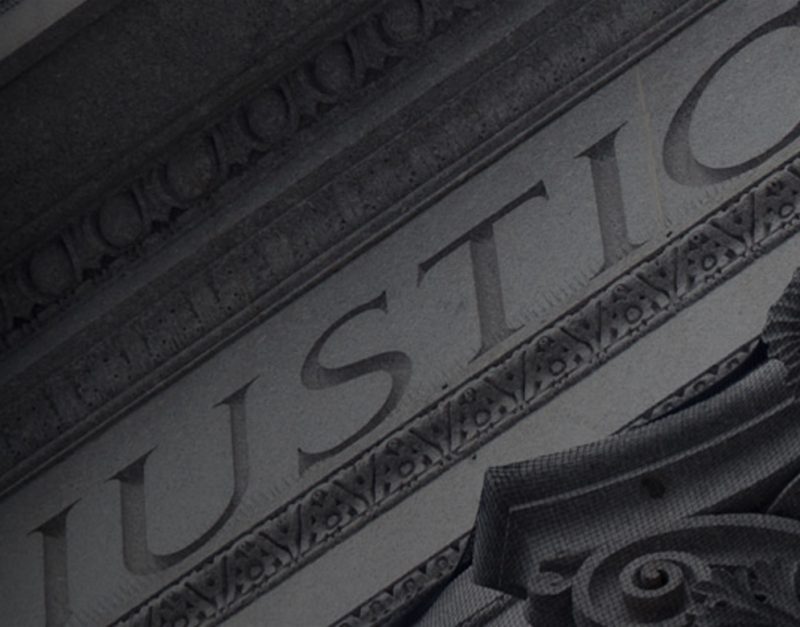 August 16, 2021
August 16, 2021 Our nation’s primary whistleblower law, the False Claims Act allows individuals to file qui tam lawsuits on behalf of the government — and it recovers billions of taxpayer dollars every year. But how much do you really know about the FCA?
7 Fast False Claims Act Facts
-
- Our Whistleblower Law is Over 150 Years Old. The United States’ first qui tam whistleblower law was passed in 1778. But today’s whistleblowers operate under the provisions of the False Claims Act, enacted in 1863 and considered to be one of the most effective tools of the federal government to combat fraud.
- Every Week in 2020, 13 Qui Tam Lawsuits Were Filed by Whistleblowers, on Average. The FCA’s qui tam provisions allow a private person, called a relator, to sue on behalf of the government, alleging that others are submitting false or fraudulent claims with the government in areas such as healthcare or defense. This past year, a significant portion of all False Claims Act cases were started by whistleblowers—a total of 672 qui tam suits.
- Whistleblower Relators May Receive up to 30 Percent of the Government’s Recovery: The False Claims Act’s qui tam provisions provide for incentives for the relator, so that they may receive part of the proceeds recovered in the case, typically between 15-30%. From 1986 to 2018, whistleblowers received over $7 billion in awards.
- Since 1986, False Claims Act Cases Have Recovered More Than $64 Billion in Taxpayer Money. And 70 percent of that came from cases filed by qui tam whistleblowers. In 2020, whistleblowers led the way to $1.6 billion in recoveries, continuing a long legacy of ordinary citizens fighting for what’s right.
- Over 80 Percent of 2020 False Claims Act Recoveries Came in Healthcare Cases. But healthcare fraud isn’t the only area the False Claims Act covers. Taxpayer money was also recovered in areas of defense, national security, import tariffs, small business programs and finance. The False Claims Act applies to fraud involving any federally funded contract or program, except in cases of tax fraud, so it’s difficult to list all the types of cases prosecuted under the False Claims Act historically. We’ve worked on all kinds of whistleblower qui tam cases.
- Whistleblowers Are Protected from Retaliation. The government encourages reporting of fraudulent activity by providing whistleblower protections for those who litigate or otherwise attempt to stop False Claims Act violations. The anti-retaliation protections shield qui tam whistleblowers from harassment, demotion, loss of employment, and any other form of discrimination in the terms or conditions of employment based on lawful acts done by the whistleblower to report or stop FCA violations.
- Relators Should File their False Claims Act Complaint Quickly. The False Claims Act incentivizes whistleblowers to file their case promptly, and the first to file a case generally bars later whistleblowers from sharing in the government’s recovery.
Now that you know a little more about the False Claims Act, it’s important to mention that many states have their own versions. These state laws also allow whistleblowers to report fraud and recover a portion of the recovery from the action.
How Do We Fight Corporate Greed?
Seek justice on behalf of taxpayers with the help of our experienced attorneys. We’ve battled corporate giants in complex civil litigation for over 20 years. We represent taxpayers like you, aggressively fighting to hold companies accountable for fraud committed against the government. If you believe you have a government whistleblower case, we can help.


